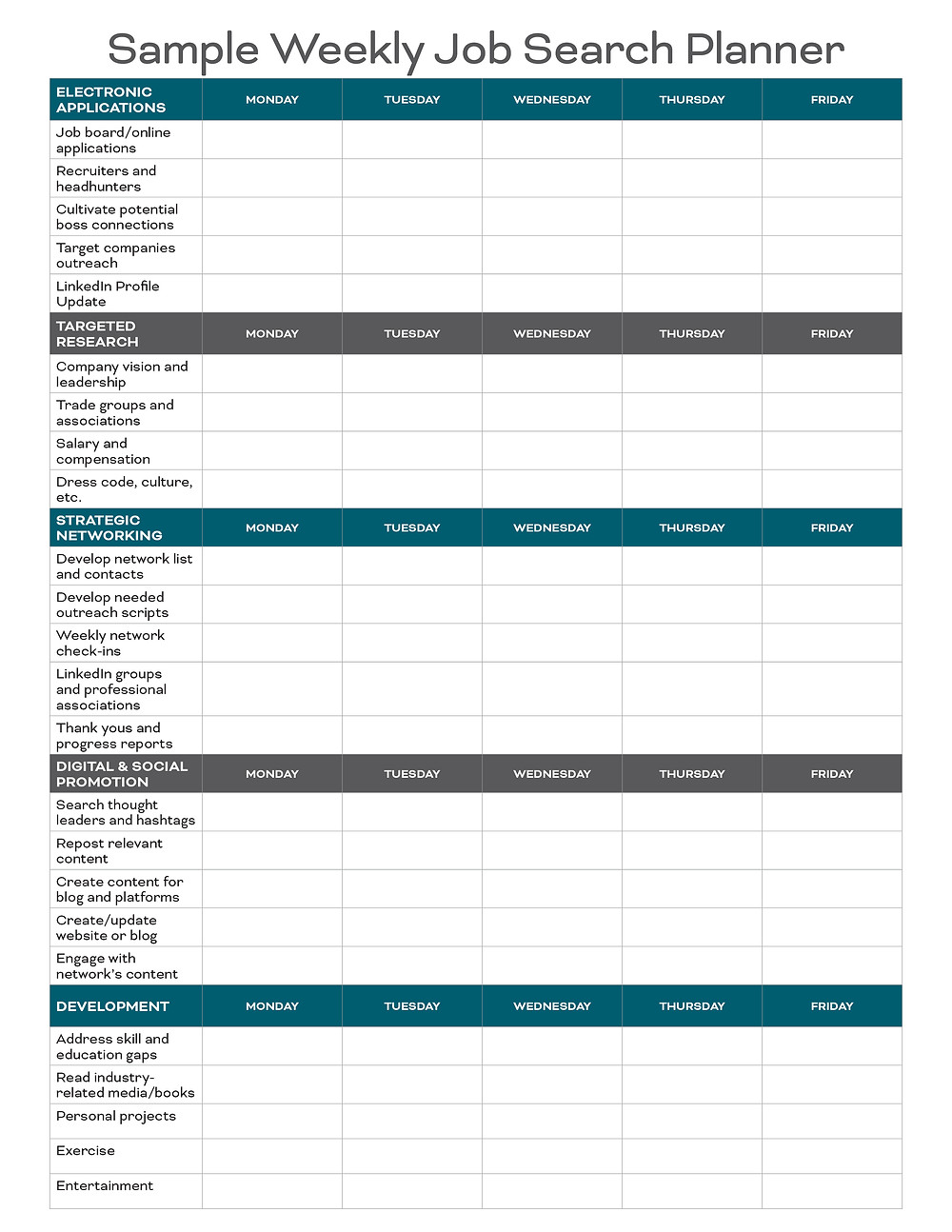
It's crucial to understand what you are doing with your money when planning for retirement. There are several things you can do in order to ensure that your money will last as long as possible. You can set goals, invest, and take care of long-term care. If you have a solid plan you can feel comfortable that you are taking care of your finances.
Social Security
Planning for retirement is important. It is crucial to understand your Social Security benefits. You can usually collect benefits at 62 in most cases. Not claiming benefits early enough could result in a substantial reduction in your benefits. This is especially true for women, who tend to live longer than men but earn less.
Investing
Diversification can help minimize risks and maximize the returns of your investments as you near retirement. Diversification can reduce volatility in the market and inflation and smoothen returns. Diversification may help you retire sooner and live a better quality of life. However, it is important to consult a financial advisor before making any decisions about your retirement plan.

Long-term care insurance
Long-term Care Insurance is an important part in retirement planning. It's becoming more expensive to provide long-term care. Therefore, it's crucial that you have sufficient coverage. You should also look for policies that include inflation protection.
Saving for retirement
Planning for retirement can be a crucial part of financial planning. It is crucial to start planning for retirement years before you actually need it. This will allow you to plan more effectively and calmly when the time comes. Although Social Security will help you with some expenses in retirement, it is unlikely to cover everything. Other income sources such as annuities or pensions and any proceeds from selling or renting your house will be needed.
Investing traditional IRAs or 401ks
Individual retirement accounts (or IRAs) allow the participant to select from a variety of investments. This type of retirement account has no investment guarantee and the income you get depends on the return of your investments. Examples of such plans include 401(k), 403(b), 457, and profit-sharing plans. Diversification is a common strategy used in these retirement plans. Diversification allows you to spread your principal across multiple markets and sectors.
Home equity
Home equity is a great way for you to increase your retirement savings. But it is not without risks. If you default on your loan, you could lose your home and have to sell it. Another option is to downsize and rent your home out.

Investing in a 401(k)
To save for retirement, you can put money into a 401(k). Many employers offer this plan, and you can join at any time. Most employers match the amount of money you put into their plan. Talk to your human resource department for more information about your company's plans.
Investing in a traditional IRA
You should invest in a traditional IRA if you're looking to save money for retirement. This account allows you to make pretax contributions and your money grows tax deferred. On any money that you withdraw during retirement, income tax will apply. An IRA can be opened with a bank, brokerage or robo advisor. These institutions also offer savings accounts and certificates of deposit, which can be a good option for your retirement fund.